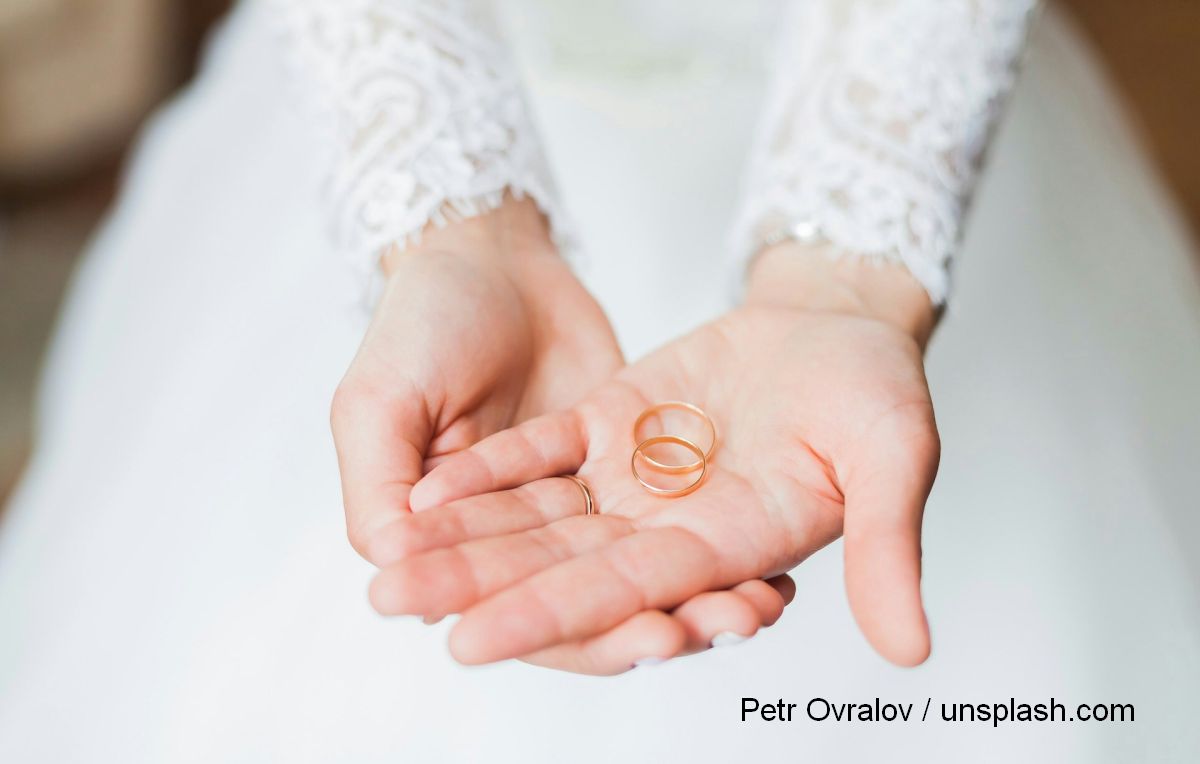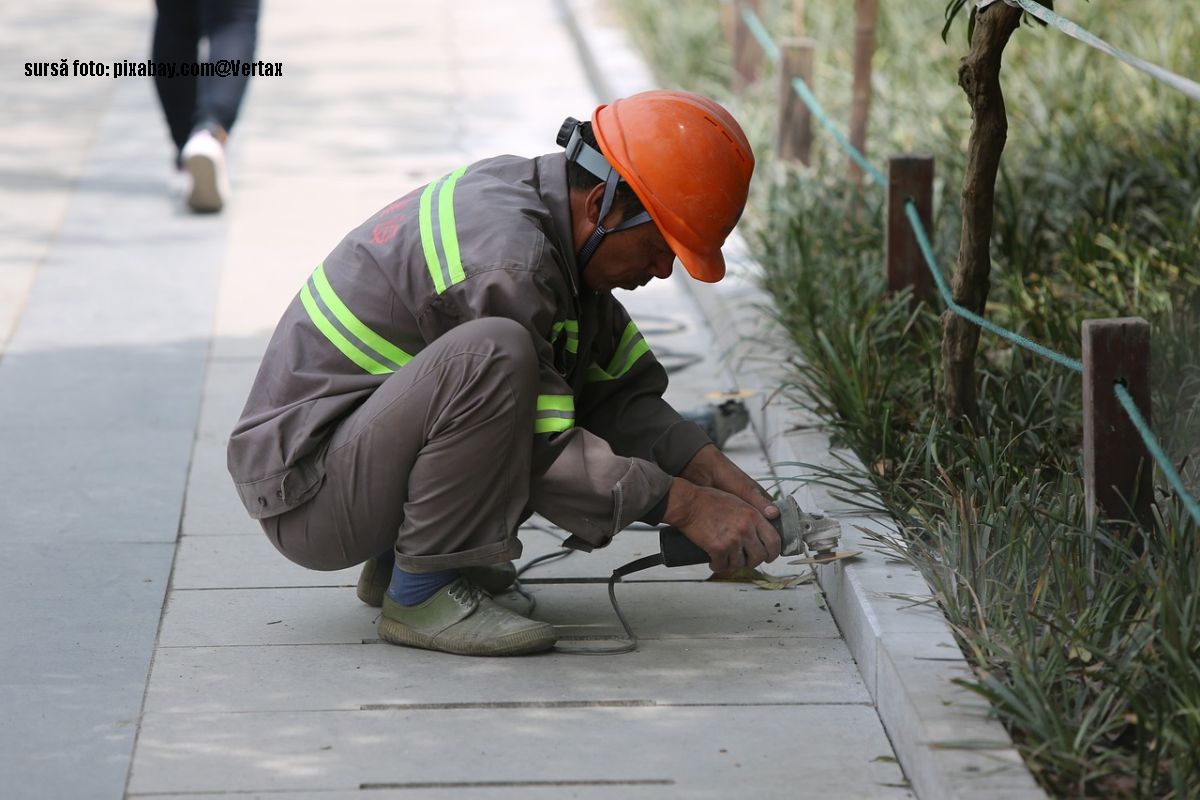Romania’s vulnerable communities and their problems
Forced marriages are not traditional

Eugen Nasta, 27.11.2024, 14:00
Rroma girls and women make some of Romania’s most vulnerable and most neglected groups. More often than not, the authorities’ prejudices and the abuses that are not considered proper abuses by the families, leave those women and girls without protection.
Romania still is the EU country with the biggest number of underage mothers. The state institutions do not carry a centralized collection of data regarding forced marriages. No data, no such issue on the agenda. No data, no clear-cut knowledge of the causes of forced marriages. It is the opinion of Măriuca-Oana Constantin, a university lecturer with the National School of Political and Administrative Studies, an opinion voiced as part of the awareness-raising campaign carried by E-Romnja — Romania’s only NGO dedicated to Rroma girls and women.
Carmina is a 10-year-old girl. She graduated from the 4th grade when she was married to a 14-year-old boy as the outcome of a marriage arranged by the parents, Two years later, Carmina gives birth to a child. The authorities took note of that regarding the case, yet the case was eventually dropped, the reasoning for that was something like “the victim consented to having sexual relationships, approved of by the parents” or “the Rroma tradition encourages such relationships”. No research on parents was conducted.
Carmina’s story is only one of the five stories presented as part of a campaign running like “In the Name of Tradition?”. It was launched by E-Romnja, the NGO that seeks to debunk the myth whereby the marriage between children is a matter exclusively concerning the Rroma communities. It is one of those obnoxious prejudices justifying cases of violence against vulnerable persons.
How do we know the problem exceeds the Rroma community? Because demographic data on premature deliveries confirm it. It is the idea of Cerasela Banica, State Secretary with the National Council for Combatting Discrimination.
Roxana Oprea is E-Romnja’s equal opportunities expert. Here is what the answer was, to the question why the issue of forced marriages was of no interest for the institutions.
“It is very simple and there is glaring evidence for that, I daresay, since there is a lot of racism in institutions. People relate to the phenomenon as a cultural practice specific to the Rroma community alone, yet the reality is different. Something like that, we’re not the only ones to say it, the E-Romnja Association, there are also other institutions and international bodies saying it.
So for this very reason, it never has been a priority for institutions and decision-making bodies. Therefore, since it is not something affecting the entire population, it is viewed as a cultural practice and, because of the bias and the prejudice, you do not intervene. “
‘
Carmina’s story, a story we have presented above, is one of the hundreds such stories we will never know. One of the many stories that really happens, as, more often than not, we keep viewing children as being their parents’ property, not recognizing them as individuals having their own rights and needs. As for the forced marriages, most likely, the biggest mistake of those who want to help (social assistants, teachers, psychologists, NGO staff, judicial professionals and suchlike) is they go and talk with the parents, thinking the problem can and must be solved in the family or in the community. Actually, more often than not, parents are the abusers. Roxana Oprea.
“We just cannot help considering this normalizing area; the moment you, as an institution, as a school, as the General Social Assistance Direction, the moment you noticed those things happened and you did nothing about it, then what is the signal you give to parents ? That what they do is okay. So you, practically, validate adults’ abuses on their own children.
It is a vicious circle and, if we do not strengthen that kind of approach, whereby we no longer choose to point our finger at the Rroma community alone and lay the blame on the Rroma community, we cannot be in line with the international standards. We will continue to be on the shameful list of the countries allowing child marriage. “
The Criminal Code has a legislative void on forced marriage, the legislation does not view forced marriage as a self-contained criminal act. In the rare circumstances when such cases are brought to court, they are tried as sexual crimes. E-Romnja has raised another key problem: the use, by the authorities of the phrase “consensual union” when they refer to the marriage between two persons, of which at least one is younger than 16.
Consent for marriage CANNOT be demanded from a minor person, younger than 16, it is stipulated in the Intervention Guide for cases of marriage between children/forced marriages, published at the beginning of the year. It was also Cerasela Bănică who explained for Radio Romania International criminal investigation files do not consider this lack of consent but rather they choose placement based on such reasoning as “parents agree”, “they had been living together for long”, “they have already had sexual relations” or “it is a habit of the Rroma community”. Something like that leaves the victim completely defenseless. “
Asked how the authorities viewed the campaign, here is how Roxana Oprea answered:
” The campaign is viewed with interest, but what is the standpoint it is viewed from? From the standpoint whereby Romania is somehow compelled, legally, to eliminate such a practice, being a signatory party of several international conventions on preventing and combatting gender violence. We have Directive no 1385 of the European Parliament and the European Council issued on May 15, 2024, stipulating EU member states had a three-year period of grace, starting with the date the directive came into force, to transpose the regulations into domestic law.
Therefore, we somehow have some pressure at European level so Romania may comply with those international standards. There is also the Grevio report, assumed by Romania Government which, similarly, urges the state to take measures and criminalize such a practice. “
Roxana Oprea also stated the issue was not viewed as one pertaining to the gender violence, and, even though such an issue were viewed as a gender violence issue, whenever violence targets a Rroma woman, is it no longer viewed as belonging to society.
“ I think it is so normalized that, were we to speak about violence as a general phenomenon, it is normalized in all communities. We have reports revealing Romanians are tolerant regarding verbal, sexual violence that rape is justified if the woman looks somehow provocative. There are judicial reasonings compiled by Romanian women and men judges, specifying an 11- or a 12-year-old girl enticed a man or gave her consent for rape. “
At the pressure of the European Union, Romania has until 2027 to take action against such a phenomenon.






























